Everyone wants a shortcut: pop a pill and suddenly focus for hours. The market knows this — so you see “focus pills,” “concentration pills,” and a flood of brain booster supplements promising miracle results. Then there are prescription wakefulness drugs like Waklert 150mg (armodafinil) that some people use off-label for alertness or studying. Reality is messier: some drugs reliably increase wakefulness and attention in specific situations, a few supplements have modest evidence, and many claims are marketing dressed as science. Below, I explain what actually works, what’s risky, and what’s mostly hype — with citations to the real papers and labels so you can check them yourself.
Quick summary
- Waklert 150mg (armodafinil): a prescription wakefulness drug — effective for narcolepsy/shift-work/OSA-related sleepiness; limited, inconsistent cognitive benefits in healthy, rested people.
- Prescription stimulants (AMP/MPH): powerful for ADHD and sleep-deprived people, but misuse, side effects and legal risks exist.
- Supplements: caffeine (+L-theanine), bacopa, some omega-3 signals show small benefits on attention/memory; most “brain boosters” overpromise.
- Bottom line: behaviour (sleep, nutrition, focus routines) beats most pills for sustainable concentration. Evidence-backed pills exist — but context, dose, safety and legality matter.
What people mean by “focus pills” and “concentration pills”
Those labels cover three broad categories:
- Prescription wakefulness/stimulant drugs — e.g., modafinil/armodafinil (Waklert), methylphenidate, amphetamines. Used clinically for narcolepsy/ADHD; sometimes used off-label to boost alertness or cognition.
- Over-the-counter “brain booster supplements” — herbal extracts (bacopa, ginkgo), omega-3s, vitamins, and blends marketed for memory/attention. Evidence varies from none to modest.
- Caffeine and combinations — caffeine is a drug and the best proven short term focus aid; combining it with L-theanine reduces jitter and can improve attention slightly.
Knowing which bucket you’re in matters — prescription drugs carry real medical effects and risks; supplements are less potent and less regulated.
Waklert 150mg explained (what it is, what it does)
Waklert 150mg contains armodafinil, the R-enantiomer of modafinil. It’s approved as a prescription medication to improve wakefulness in adults with narcolepsy, obstructive sleep apnea (as an adjunct to CPAP), or shift-work sleep disorder. That’s what the manufacturers and regulators studied and approved it for.
Mechanism: armodafinil promotes wakefulness via multiple brain systems (dopamine reuptake inhibition, orexin/glutamate effects, among others), but it is not an amphetamine-type stimulant. In patients with pathological sleepiness, it reliably increases alertness. Evidence that it turns a normal, well-rested student into a “super-learner” is limited and inconsistent — benefits are larger in sleep-deprived subjects.
Important safety notes from official labeling:
- Armodafinil can induce liver enzymes and reduce the effectiveness of hormonal contraceptives and other CYP3A4 substrates; dose interactions exist.
- It is a prescription drug; buying from unlicensed online vendors risks counterfeit products (which can be dangerous). Regulatory agencies warn against “no-prescription” sellers.
What the science actually says about pills and focus
Prescription wakefulness drugs (modafinil/armodafinil): meta-analyses and reviews show clear benefits for wakefulness and attention in sleep-deprived or clinically sleepy populations, and more mixed, usually modest effects in healthy, rested adults on tests of executive function and attention. In short, they help if you’re tired; they may help a bit if you aren’t, but don’t expect transformational intelligence gains.
Stimulants used for ADHD: these drugs (methylphenidate, amphetamines) improve attention and task performance in people with ADHD and do improve some cognitive tests in healthy adults — but they carry cardiovascular and psychiatric risks, abuse potential, and legal issues when used without a prescription.
Supplements and “brain booster supplements”:
- Caffeine (+L-theanine): consistent small improvements in alertness, reaction time and attention. The combo reduces jitter while preserving focus in trials.
- Bacopa monnieri: pooled trials suggest modest improvements in memory/attention speed after weeks of use, but effects are small and take time.
- Omega-3s: evidence for cognition improvement in healthy adults is inconclusive; benefits may be more likely in developing brains or certain clinical groups. Data are mixed.
Most marketed “brain stacks” combine many ingredients with tiny individual support; positive results are inconsistent and often come from small, short trials.
The Psychological Side of Focus Pills
Many people underestimate the psychological role behind the effectiveness of focus pills. When you take a supplement expecting it to boost your concentration, your brain often responds positively — a phenomenon known as the placebo effect. This doesn’t mean focus pills don’t work, but it shows how much mental performance depends on mindset and lifestyle habits. Even clinically proven nootropics work best when paired with healthy sleep, hydration, and mental rest. Simply relying on pills for productivity without addressing stress, burnout, or poor time management can limit long-term results. The truth is, focus enhancement isn’t just chemical — it’s behavioral, emotional, and cognitive combined.
Long-Term Safety and Natural Alternatives
Before depending on concentration pills daily, it’s vital to assess the long-term impact on brain health. Continuous stimulation from high-potency brain boosters may eventually desensitize your dopamine system, leading to reduced motivation when off the pill. That’s why experts recommend cycling between brain booster supplements and natural methods such as regular exercise, meditation, omega-3-rich diets, and proper sleep. Medicines can give an impressive short-term lift in alertness, but they should complement—not replace—natural cognitive habits. The key to real focus lies in balance: blending the science of smart drugs with the wisdom of sustainable brain care.
Myths vs Reality
- Myth: Any pill marketed for focus will make you smarter.
Reality: Most improve alertness or short-term attention; long-term gains in intelligence or learning are rare. - Myth: “Natural” = safe.
Reality: Supplements can interact with drugs, vary in dose and purity, and sometimes contain contaminants. Regulation is weak compared with prescription meds. - Myth: Waklert 150mg is safe to use casually for studying.
Reality: It has medical uses and side effects, can alter other drugs (e.g., contraceptives), and should be used only under a clinician’s guidance. - Myth: Buying pills online without a prescription is harmless and cheap.
Reality: Illegal online pharmacies sell fake or dangerous products; agencies (FDA, CDC, DEA) warn against them.
Safety, legality, and smarter alternatives
If you’re chasing better focus, try the lowest-risk, highest-yield moves first:
- Sleep: 7–9 hours, consistent schedule — this beats pills for attention.
- Movement: 20–30 minutes of exercise improves cognitive control that day.
- Nutrition: strategic caffeine (e.g., 50–200 mg) + L-theanine for reduced jitter, regular protein, and hydration.
- Habit design: Pomodoro, remove phone pings, and single-task — these behavioral tools produce more consistent gains than most supplements.
- Medical path: If you suspect ADHD, sleep disorders, or problematic daytime sleepiness, get evaluated — prescribed treatment (e.g., for ADHD or narcolepsy) may be far more effective than OTC options.
If you consider prescription drugs like Waklert 150mg:
- Talk to a clinician first. Check interactions (especially hormonal contraceptives and CYP3A4 substrates).
- Don’t buy from no-prescription websites — regulators warn about counterfeit pills and public health risks.
FAQs
Q: Will Waklert 150mg make me study better all night?
A: It can increase wakefulness and reduce sleepiness, which may help you stay up and be alert, but it’s not a learning pill, and the benefits on memory/complex reasoning in well-rested people are modest. Use only with medical advice.
Q: Are “concentration pills” legal and safe to buy online without a prescription?
A: No. Prescription drugs require medical oversight; many online sellers are illegal or counterfeit and pose health risks.
Q: Which over-the-counter “brain booster supplements” have decent evidence?
A: Caffeine (+L-theanine) has good, consistent evidence for short-term focus. Bacopa shows small, delayed benefits for memory. Omega-3 evidence is mixed for healthy adults.
Q: Are these pills addictive?
A: Prescription amphetamines have an addiction risk. Modafinil/armodafinil have lower abuse potential but still carries risks. Supplements are not classically addictive but can foster psychological reliance.
Q: Long-term effects of using focus pills?
A: Long-term safety varies by drug. Prescription meds have studied profiles and known interactions; unregulated supplements lack long-term safety data. Regular medical follow-up is essential for prescription use.
Bottom line (what to do next)
If your goal is reliable, long-term focus: fix sleep, reduce distractions, use short bouts of exercise, and employ task architecture (Pomodoro). Use caffeine + L-theanine for short bursts. Reserve prescription drugs (including Waklert 150mg) for when a clinician deems them appropriate — and never buy prescription meds from an unverified online pharmacy. Evidence shows pills can help in some situations, but they are not magic.
References (selected)
- NUVIGIL® / armodafinil full prescribing information (FDA). FDA Access Data
- Kredlow MA et al., The Efficacy of Modafinil as a Cognitive Enhancer — review (2019). PubMed
- Battleday RM, Brem AK. Modafinil for cognitive enhancement in healthy non-sleep-deprived adults (2015). ScienceDirect
- Owen GN et al., Combined L-theanine and caffeine effects on cognition and mood (2008). PubMed
- Kongkeaw C et al., Bacopa monnieri meta-analysis (2014). PubMed
- Cochrane reviews / omega-3 evidence summaries. Cochrane
- FDA / CDC warnings about counterfeit prescription medicines and safe online pharmacy guidance. U.S. Food and Drug Administration

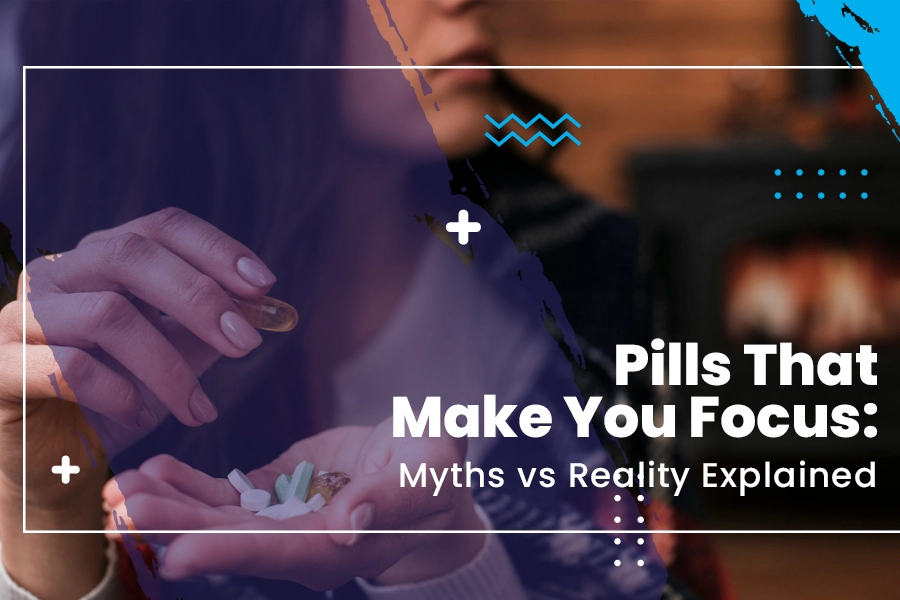

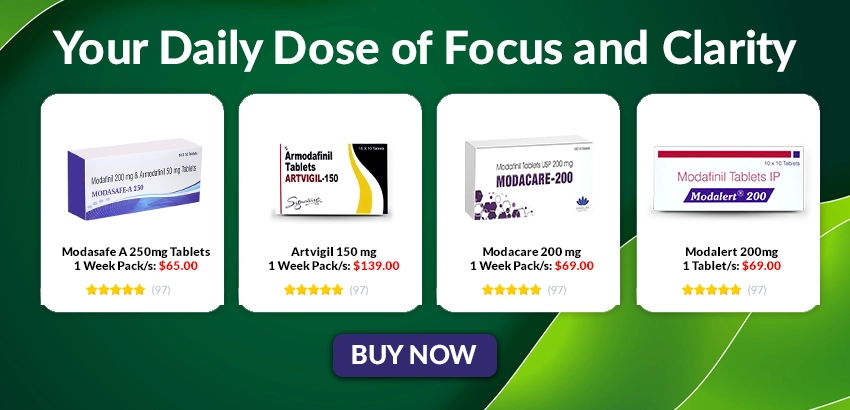
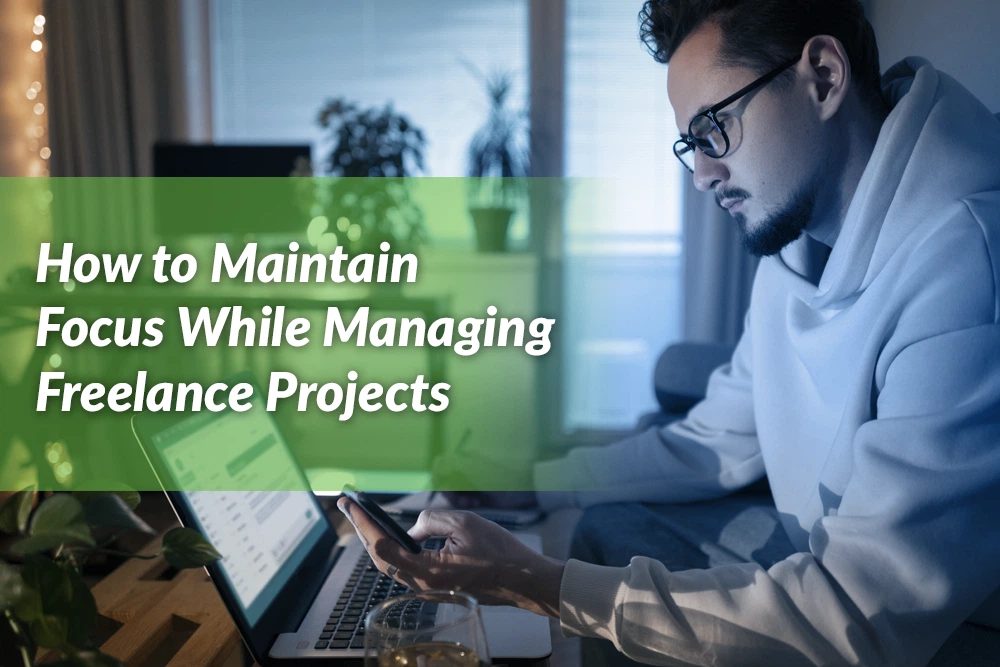
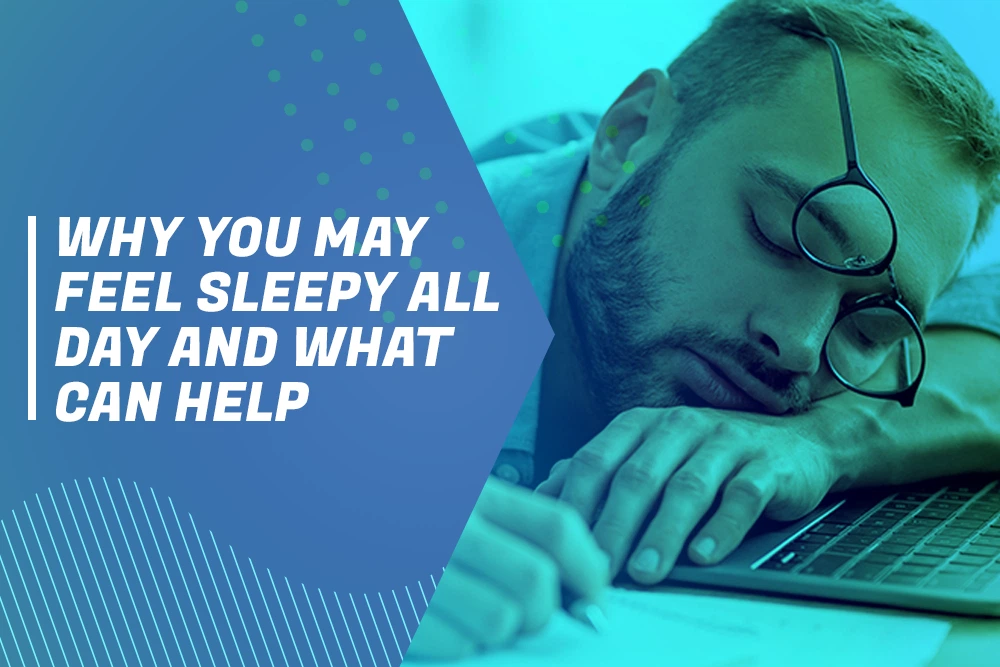

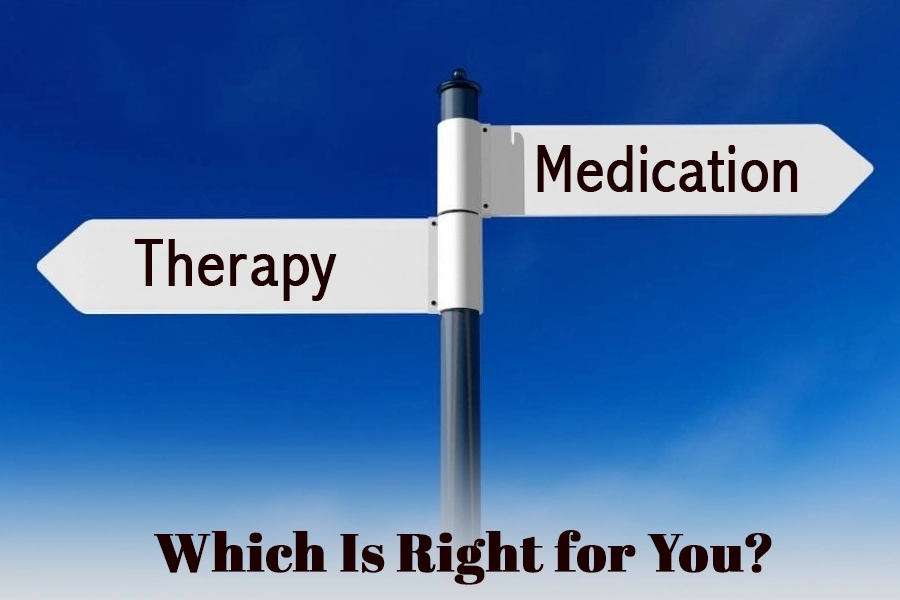
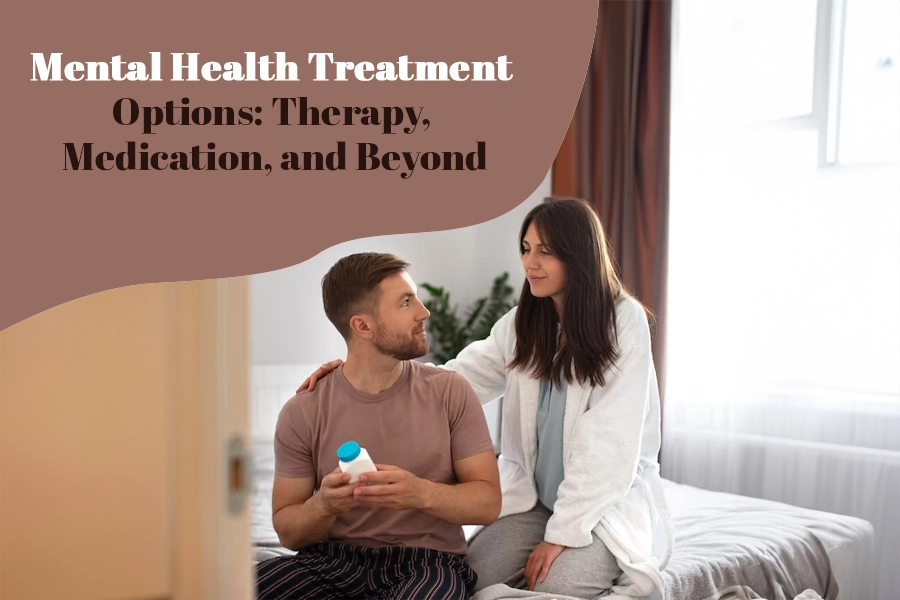
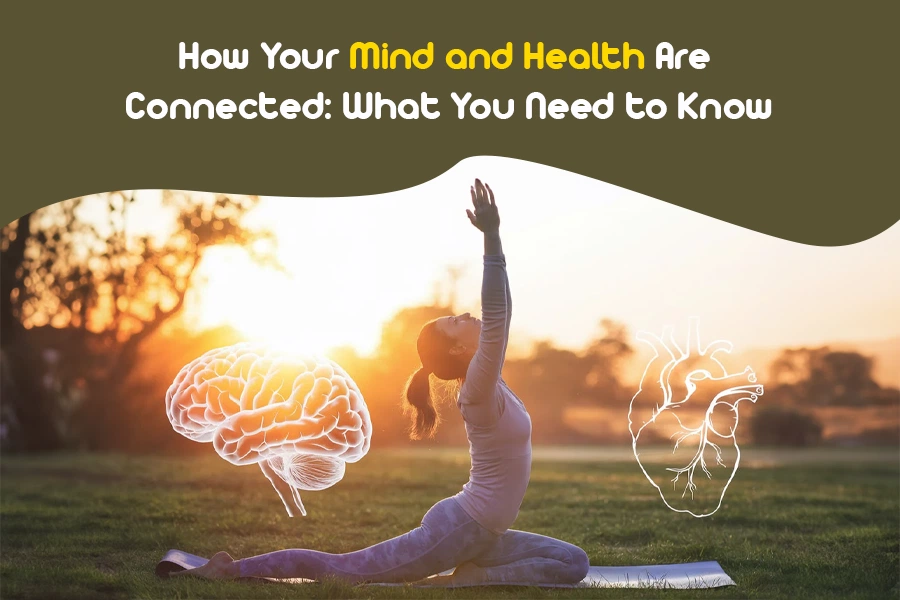
Leave a Reply